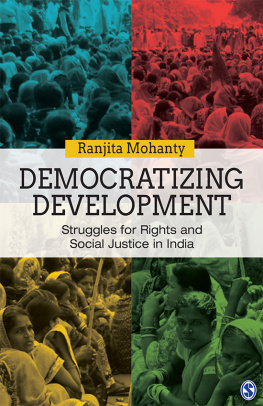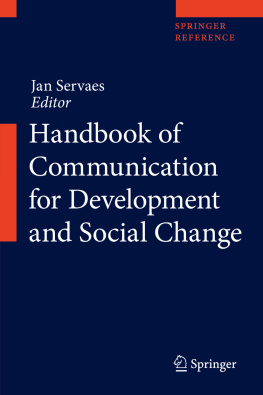Uma Narula - Development as communication: a perspective on India
Here you can read online Uma Narula - Development as communication: a perspective on India full text of the book (entire story) in english for free. Download pdf and epub, get meaning, cover and reviews about this ebook. year: 1986, publisher: Southern Illinois University Press, genre: Politics. Description of the work, (preface) as well as reviews are available. Best literature library LitArk.com created for fans of good reading and offers a wide selection of genres:
Romance novel
Science fiction
Adventure
Detective
Science
History
Home and family
Prose
Art
Politics
Computer
Non-fiction
Religion
Business
Children
Humor
Choose a favorite category and find really read worthwhile books. Enjoy immersion in the world of imagination, feel the emotions of the characters or learn something new for yourself, make an fascinating discovery.

- Book:Development as communication: a perspective on India
- Author:
- Publisher:Southern Illinois University Press
- Genre:
- Year:1986
- Rating:3 / 5
- Favourites:Add to favourites
- Your mark:
Development as communication: a perspective on India: summary, description and annotation
We offer to read an annotation, description, summary or preface (depends on what the author of the book "Development as communication: a perspective on India" wrote himself). If you haven't found the necessary information about the book — write in the comments, we will try to find it.
Uma Narula: author's other books
Who wrote Development as communication: a perspective on India? Find out the surname, the name of the author of the book and a list of all author's works by series.








 338.954
338.954